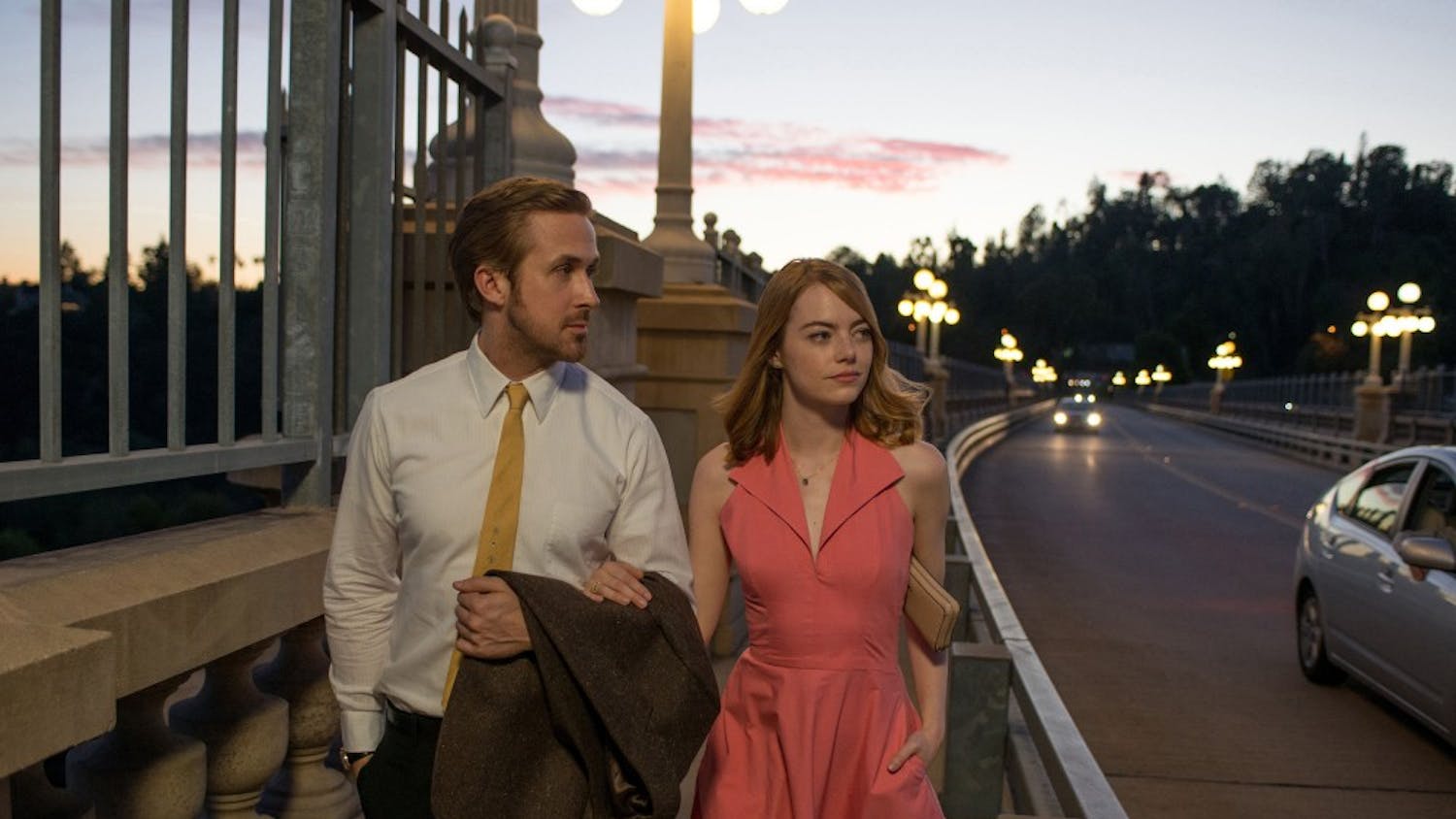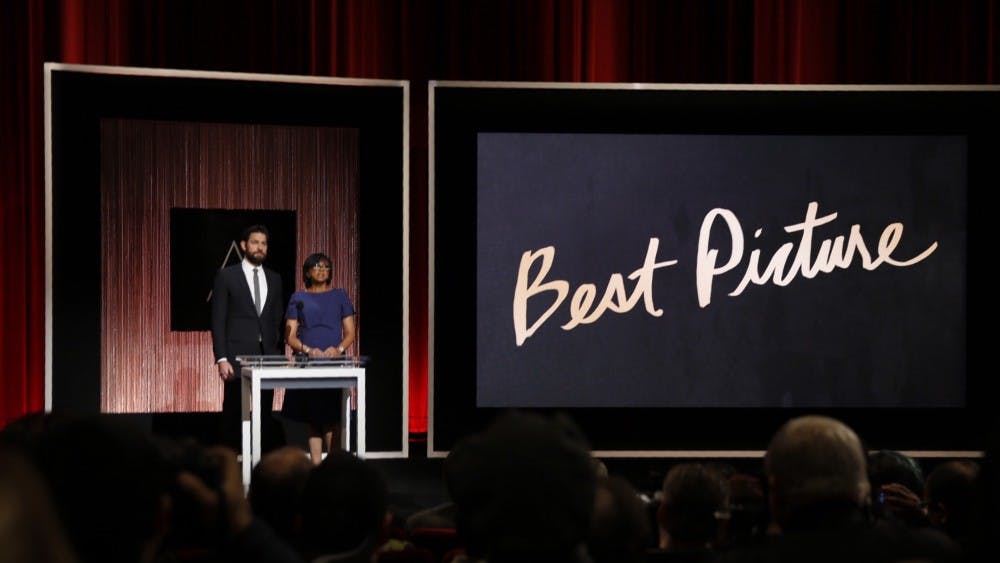The apocalypse is nigh.
Electro producer Diplo and indie pop duo Sleigh Bells announced Wednesday that they will be taking black metal quartet Liturgy on tour in February.
Inevitably, the backlash has already been fierce from black metal purists, whose relations with the positivity-obsessed Brooklyn natives were already tenuous at best. It seems that “Aesthethica,” one of the finest slabs of metal to be released in 2011, isn’t evil enough, thus meriting accusations that the transcendentalist band members and their skinny jeans were too hip to be taken seriously.
This tour announcement was vindication for these kvlt warriors, who needed little reason to condemn Liturgy once and for all. Black metal ain’t what it used to be, they cry, and this hipster black metal trend is everything wrong with heavy music.
Worst of all, these dudes act like this transformation hasn’t been a long time coming.
It’s true, black metal is in something of a golden age for non-metal enthusiasts.
Wolves in the Throne Room’s masterful “Celestial Lineage” was the first-ever black metal album to be awarded Best New Music by Pitchfork, dubstep producer Skrillex performs live in Burzum shirts and, yes, Liturgy exists. But this is far from the first time the genre has been made palatable for less extreme tastes.
The first two waves of black metal, consisting of bands like Bathory, Darkthrone, Mayhem and Immortal, were abrasive by design. These bands made a conscious effort to remain esoteric to those not entrenched in the scene. Other ’90s black metal movements like France’s Les Légiones Noires and National Socialist Black Metal were even less accessible.
By 2000, the paradigm had shifted.
“Dead As Dreams,” the lone full-length release by San Francisco five-piece Weakling, quietly found a way to combine the best elements of each black metal scene and distill them into something that neophytes could sink their teeth into.
The album would come to represent the birth of United States Black Metal (USBM), a movement that would soon grow to include Leviathan, Nachtmystium, Ludicra and dozens of other forward-thinking bands who successfully balanced the searing violence of early black metal with a new set of aesthetics and a keener ear for melody.
So, no, the relatively agreeable strains of Wolves in the Throne Room and Liturgy didn’t come completely out of the blue.
Besides, it’s not as though black metal has been fully hipsterized, as some grouchy corpse-painted traditionalists would have you believe. The vast majority of indie kids still find the blast-beated drumming, tremolo-picked guitar and throat-ripping vocals unlistenable, and plenty of excellent modern black metal bands (Watain, Sargeist, Satanic Warmaster) don’t have the slightest ounce of genre-bending appeal. There is more than enough room for the hipster-friendly and goat-sacrificing black metal scenes to peaceably coexist.
As far as I’m concerned, the more their lines blur, the better.
Wolves in the Throne Room’s “Celestial Lineage” (WEEKEND’s 20th favorite album of 2011; my 2nd) is the perfect example of a record that can please both groups. It has the lo-fi viciousness and vast atmosphere that black metal lifers crave, as well as the shoegazing beauty and astrally-obsessed ambition that brings in the newbies.
Liturgy’s upcoming slot on the Diplo and Sleigh Bells tour will polarize. It already has. It represents the most significant weakening yet of a line that has been growing thinner and thinner for more than a decade.
With any luck, it will obliterate it once and for all.
Opening the doors to kvlt
Get stories like this in your inbox
Subscribe





